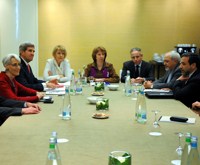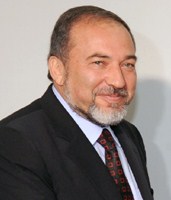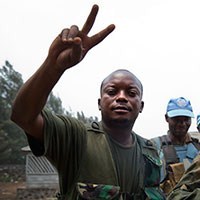
While Michele Bachelet is all but certain to win a second, nonconsecutive term over Evelyn Matthei in Chile’s Nov. 17 presidential election, the long-term implications of Bachelet’s victory are still to be written. The election will be a watershed in Chile’s 23-year-old democracy, and not just because it will be the country’s first presidential election held without mandatory voting. A realignment of political forces and the emergence of a new generation of young politicians have pushed a new reform agenda, which Bachelet has tried to capture in a series of constitutional and tax reform proposals. The shifts are certain to […]















